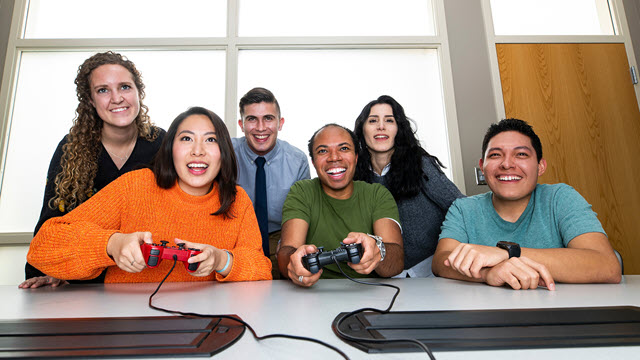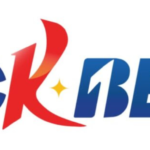In this modern corporate world, employee productivity is a top priority for businesses aiming to succeed. While traditional approaches to enhancing productivity often involve strict schedules and increased workloads, an unconventional method has been gaining traction: integrating gaming into the workplace. The idea of incorporating gaming might raise eyebrows initially, but research and real-world examples show that gaming can significantly boost employee productivity. In this article, we will delve into how gaming at the workplace can lead to improved productivity and overall employee satisfaction.
Understanding Employee Engagement
Employee engagement is more than just fulfilling job responsibilities; it’s about feeling motivated and connected to the workplace. Engaged employees tend to be more productive and innovative, and gaming provides a unique avenue to achieve this engagement.
Benefits of Gamification in the Workplace
Gamification involves applying game elements, such as competition, rewards, and challenges, to non-gaming contexts. In the workplace, gamification can transform mundane tasks into exciting endeavors, encouraging employees to actively participate. Several gaming options like Unblocked Games 67 can be used by employers to provide their teams with great gaming experience.
Enhanced Problem-Solving Abilities
Gaming often requires quick decision-making and strategic thinking. When these skills are honed through games, employees can apply them to real-world scenarios, leading to more efficient problem-solving and better decision-making.
Stress Reduction and Improved Morale
A stressed employee is rarely a productive one. Gaming acts as a stress-reliever, providing employees with moments of relaxation and fun. This can lead to improved morale, reduced burnout, and increased overall job satisfaction.
Promotion of Healthy Competition
Friendly competition can spark motivation among employees. Incorporating gaming elements into daily tasks can inspire healthy rivalries, motivating individuals to perform better and achieve higher productivity levels.
Fostering Team Collaboration
Many games require collaboration and teamwork to succeed. By engaging in multiplayer games, employees can develop stronger interpersonal skills and learn to collaborate effectively with colleagues. Some companies also consider platforms like Yimusanfendi for better team collaboration during the gamification at workplace.
Skill Development and Learning
Certain games challenge employees to learn new skills or acquire knowledge. This continuous learning process translates into the workplace, as employees are more open to acquiring new skills and knowledge relevant to their roles.
Balancing Work and Play
Gaming introduces an element of balance between work and play. Allowing short gaming breaks can recharge employees, leading to increased focus and higher-quality work output.
Implementing Gaming in the Workplace
Introducing gaming into the workplace requires a thoughtful approach. Companies can consider creating dedicated gaming areas, organizing gaming events, or even integrating gamified elements into existing tasks and projects.
Measuring the Impact
To gauge the effectiveness of gaming on productivity, companies can track key performance indicators (KPIs) such as task completion time, project output, and employee satisfaction. These metrics provide insights into the tangible benefits of gaming.
Addressing Potential Concerns
While gaming has numerous benefits, it’s essential to address potential concerns such as addiction and time management. Clear guidelines and boundaries should be established to ensure that gaming remains a positive influence.
Case Studies of Successful Implementation
Several companies have successfully integrated gaming into their workplaces. Examples include Microsoft, which uses Xbox gaming lounges for relaxation, and Deloitte, which gamified its leadership training programs to enhance engagement.
Conclusion
Gaming might seem like an unconventional approach to improving employee productivity, but its benefits are supported by research and real-world success stories. By incorporating elements of gaming into the workplace, companies can foster employee engagement, enhance problem-solving skills, reduce stress, promote healthy competition, and ultimately create a more productive and satisfied workforce.





